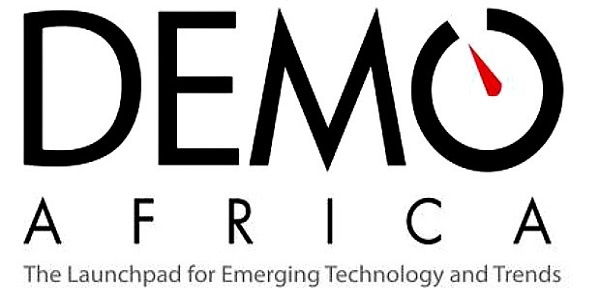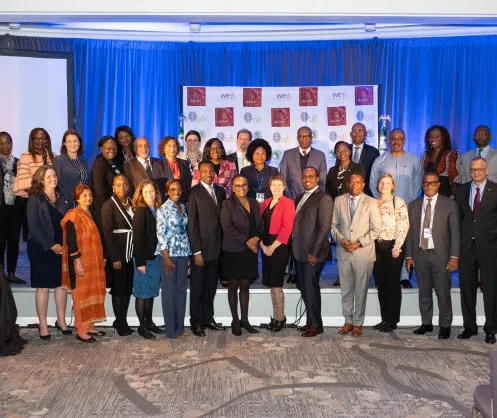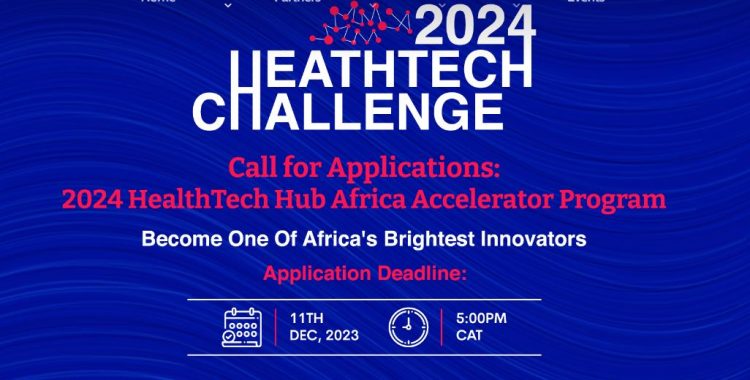5 Top Trends That Will Shape Africa’s Tech Landscape in 2023

Africa is undergoing a digital revolution at the rate at which various countries keep harnessing emerging technology.
More people now have better internet access, making it easier for the younger generation to become tech-savvy.
But the continent will continue to lag if we overlook challenges such as outdated policies and weak technology infrastructure. Decision-makers and stakeholders should be proactive about closing the technology gap to experience socio-economic growth.
Now that 2023 is around the corner, read on for the top five trends that will dominate the African tech scene.
1. 5G technology
The demand for faster internet is increasing globally. This has spurred telcos in many African countries to acquire 5G spectrum licenses from their respective government. Some African countries that have joined the bandwagon include Nigeria, Botswana, Zimbabwe, Seychelles, South Africa, Togo, and Mauritius. MTN also launched its 5G Network in Zambia last week.
5G will increase the African economy to $2.2 trillion by 2034. However, the challenges surrounding its adoption like the high cost of 5G devices and internet subscriptions must be addressed. Besides, it’s imperative to improve 3G and 4G networks in some regions.
Despite these challenges, it’s only a matter of time before many African countries will use 5G to build smart homes and deploy self-driving cars. This technology will also go a long way to improve communication and power remote learning in 2023 and beyond.
2. Digital twin technology
Digital twins are virtual replicas of a physical asset or process. This technology is unarguably one of the top tech trends to anticipate as we delve deeper into the fourth industrial revolution.
Juniper Research predicts that digital twin revenue will reach $13 billion by 2023. Digital twin technology will offer African countries ready to take a future-first approach a level playing ground. Digital twinning can help African companies increase operational efficiency and guide decision-making, thereby reducing risks. More so, it has the potential of aiding job creation and tackling road traffic issues in major cities.
3. Blockchain technology
The African Blockchain Report 2021 published by CV VC indicates that African blockchain startups raised $91 million in the first quarter of 2022. During the first half of 2022, blockchain venture capital investment rose to $304 million, with Nigeria, Kenya, and South Africa taking the lead.
Many brands have integrated blockchain into their processes because its decentralized model guarantees data security. It’s a major driving force that is motivating African blockchain startup founders to churn out innovative ideas and solutions. Although the rate of adoption of blockchain technology is slow in Africa, these startups rarely struggle to attract funding from top investors.
This technology has already penetrated other sectors apart from fintech. That said, we should look forward to how it will transform the operations of different industries.
Apart from helping financial institutions carry out fast transactions, blockchain will keep cyber attacks and fraud in check. It will also improve the healthcare, educational, and agricultural sectors. Government agencies should prepare to enjoy the benefits that come with it.
4. AI
AI adoption is expected to surge in 2023. According to experts, AI could boost Africa’s economy by $1.5 trillion by 2030. Several African countries have a robust AI strategy already. Besides, initiatives that focus on promoting AI and data science education, such as Data Science Nigeria now exist.
AI is used in the retail industry to offer a seamless shopping experience for customers. It’s widely embraced in other sectors of the economy because it’s a handy tool for managing business processes. AI could hold the key to treating critical medical conditions and helping companies establish a synergy between the business and IT teams in the continent.
AI-powered automation will be the order of the day in no distant future.
5. Metaverse
Metaverse is at the intersection of digital and physical reality, with AR and VR technologies playing a major role in its development.
Brands of all sizes are taking advantage of metaverse technology to boost their social media presence and build a relationship with consumers. It’s paving the way for an immersive storytelling experience and establishing a hybrid work environment that fosters better collaboration.
MTN became the first African company to enter the metaverse and bought 144 plots of digital land. In a recent development, Meta the parent company of Facebook unveiled the Metaverse Experience in Lagos, Nigeria. This collaboration allows top Nigerian creators to flex in the metaverse with Meta AR, avatars, and NFTs.
A new breed of tech-savvy startups is rolling out products that can quickly adapt to the metaverse environment. This technology is set to reshape the skills of the future. It’s crucial to equip African youths for the fourth industrial revolution as the metaverse will present a myriad of opportunities.
Over to you, what other tech trends are you anticipating in 2023?
About the Author

Bola Ikusika is a content developer and the team lead at Scribedge, a content writing agency that helps B2B and B2C brands craft SEO-friendly content.
She’s also the author of Mindset Revamp: Seven Simple Strategies for Crushing the Seeming Giants of Limiting Mindsets.







